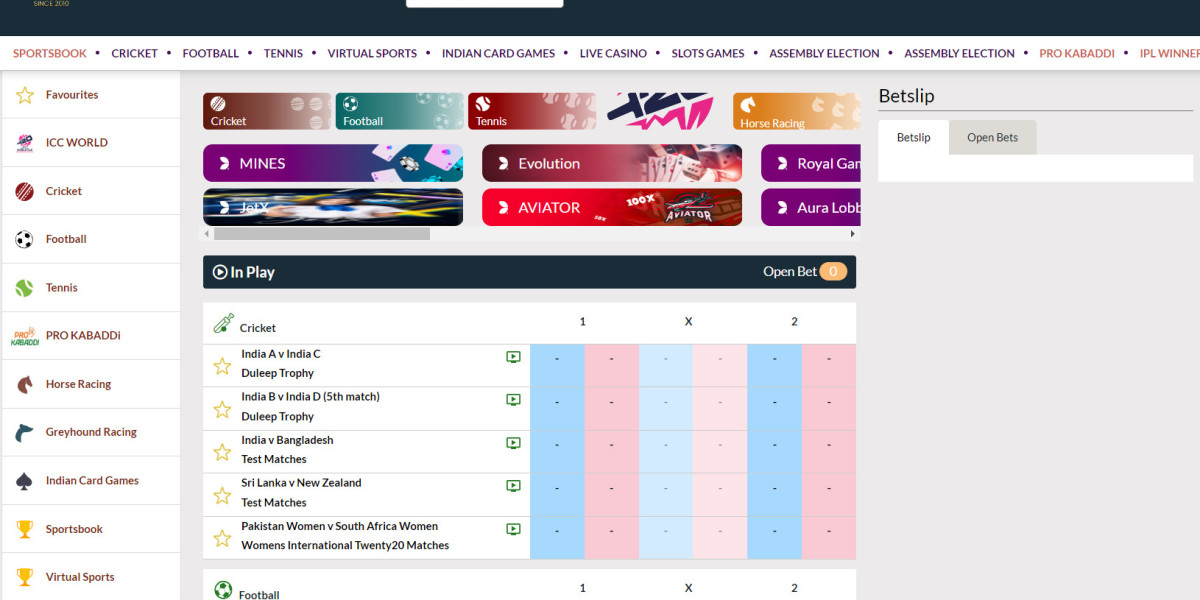Germany is increasingly becoming a top destination for international students seeking a Master’s degree. Renowned for its world-class universities, affordable education, and robust economy, studying in Germany offers a wealth of opportunities. However, preparing for a Master’s program in a foreign country requires careful planning. Here’s a step-by-step guide to ensure you’re fully prepared for your Master’s in Germany.
1. Understanding the German Higher Education System
Germany offers two main types of institutions for Master’s studies: traditional universities (Universitäten) and universities of applied sciences (Fachhochschulen). While traditional universities are research-focused, universities of applied sciences emphasize practical and professional training. It’s important to choose the institution that aligns with your career goals.
Master’s programs in Germany typically last two years and follow the Bologna system, which is standardized across Europe. You’ll need to complete a certain number of credits to earn your degree, with a strong focus on research or practical work depending on your field of study.
2. Application Process
The application process for German universities can vary depending on the program and institution. Start by researching the specific entry requirements for your chosen course. Common requirements include a recognized bachelor’s degree, language proficiency (either in German or English), and letters of recommendation.
Applications are often submitted through platforms like Uni-Assist or directly to the university. Make sure to keep track of deadlines, which typically fall between January and July for programs starting in the winter semester.
3. Language Preparation
Even if your program is taught in English, learning German will significantly enhance your experience living and studying in Germany. Not only will it help you navigate daily life, but many part-time job opportunities also require German proficiency.
There are plenty of resources available for learning German, including online courses, language apps, and in-person classes. If you are serious about improving your German, consider taking the Goethe Institute’s courses or finding a language partner through student organizations.
4. Financial Considerations
While tuition fees at public universities in Germany are often minimal or even free, students must still cover living expenses. These costs can vary depending on the city you live in. For example, living in Munich or Frankfurt is more expensive than smaller cities like Leipzig or Dresden.
It’s also important to budget for additional costs such as semester fees, health insurance, and textbooks. Creating a budget early on will help you manage your finances effectively during your stay.
5. Scholarships and Funding Opportunities
There are several scholarships available for international students in Germany. The DAAD (German Academic Exchange Service) offers a wide range of scholarships for different fields of study. Other options include Erasmus+ and university-specific scholarships.
In addition to scholarships, students in Germany are allowed to work part-time for up to 20 hours per week during the semester, which can help supplement your income. Be mindful, though, that balancing work and studies can be challenging.
6. Student Visa and Residence Permit
International students from outside the EU/EEA will need to apply for a student visa. The process requires proof of admission, financial resources (around €11,208 per year in a blocked account), health insurance, and accommodation details.
Once in Germany, you must register your residence at the local Bürgeramt (registration office) within two weeks of arrival. After that, apply for a residence permit for the duration of your studies.
7. Accommodation Options
Securing accommodation before arriving in Germany is crucial. Most universities offer student dormitories, which are often the most affordable option. Alternatively, you can rent private apartments or share flats (Wohngemeinschaft or WG) with other students.
It’s best to start looking for accommodation early, especially if you are planning to study in popular cities like Berlin or Munich, where student housing is in high demand.
8. Cultural and Social Life
Germany is a culturally rich country, and understanding its societal norms will help you integrate more smoothly. Germans value punctuality, efficiency, and orderliness, which are reflected in both personal and professional interactions.
As an international student, you will have plenty of opportunities to meet people from diverse backgrounds. Many universities offer cultural exchange programs, language tandems, and international student organizations where you can make new friends and learn about different cultures.
9. Health Insurance and Medical Care
Health insurance is mandatory for all students in Germany. You can choose between public and private health insurance, although most international students opt for public insurance due to its comprehensive coverage and lower cost.
In the case of medical care, Germany has a high standard of healthcare, and as a student, you’ll have access to doctors, hospitals, and specialists across the country.
10. Academic Expectations
German universities place a strong emphasis on independent study, critical thinking, and research. Unlike some other educational systems, the academic environment in Germany is less about spoon-feeding information and more about self-motivation. Be prepared for a higher level of personal responsibility.
Group work is also common, as is presenting your research findings in seminars or conferences. Engaging in these activities will help you thrive academically.
11. Navigating German Bureaucracy
German bureaucracy can be overwhelming, but it’s an essential part of your experience. Beyond registering your residence and applying for a residence permit, you’ll need to open a bank account, sign up for health insurance, and enroll at the university.
Fortunately, most universities offer orientation programs to guide international students through these processes. It’s helpful to stay organized and make copies of important documents.
12. Traveling Around Germany and Europe
Germany’s central location in Europe makes it easy to explore other countries during your time off. The Schengen visa allows you to travel to other European countries without the need for additional visas.
Germany also has an excellent public transportation system, and students often receive discounts on trains and buses. This makes traveling across the country affordable and convenient.
13. Support Systems for International Students
Most German universities provide comprehensive support systems for international students. From pre-arrival guidance to student orientation programs, there are numerous resources to help you navigate life in Germany.
Additionally, many universities have international student offices, where you can get advice on academic and personal matters, and student mentors can offer support during your transition.
Conclusion
Preparing for your Master’s in Germany requires thorough planning, from selecting the right program to understanding the cultural nuances. By following these steps, you’ll set yourself up for a successful and enriching study experience in one of Europe’s leading academic destinations.







